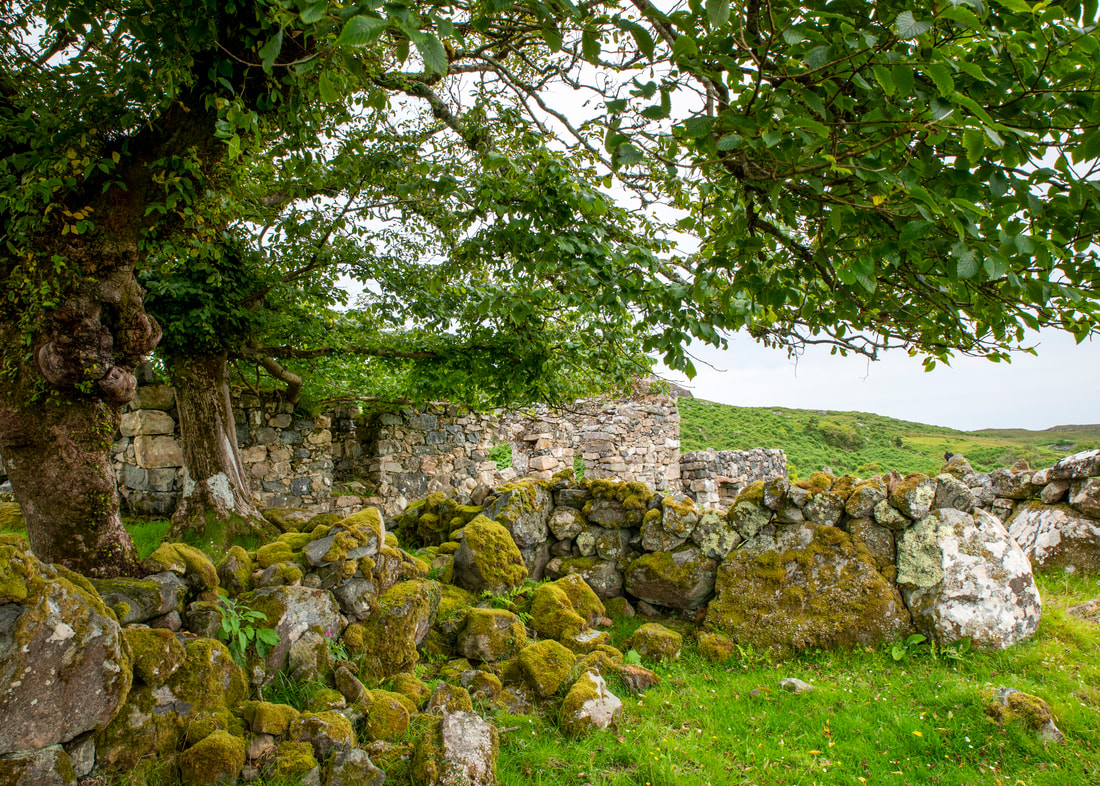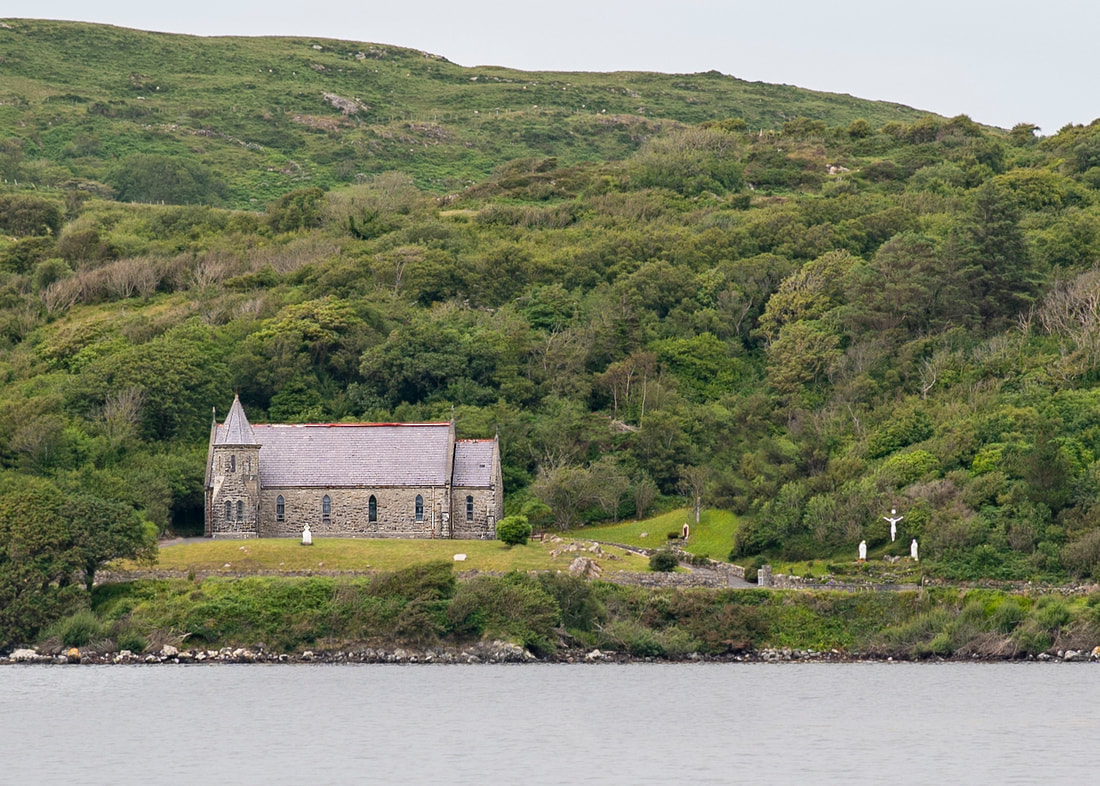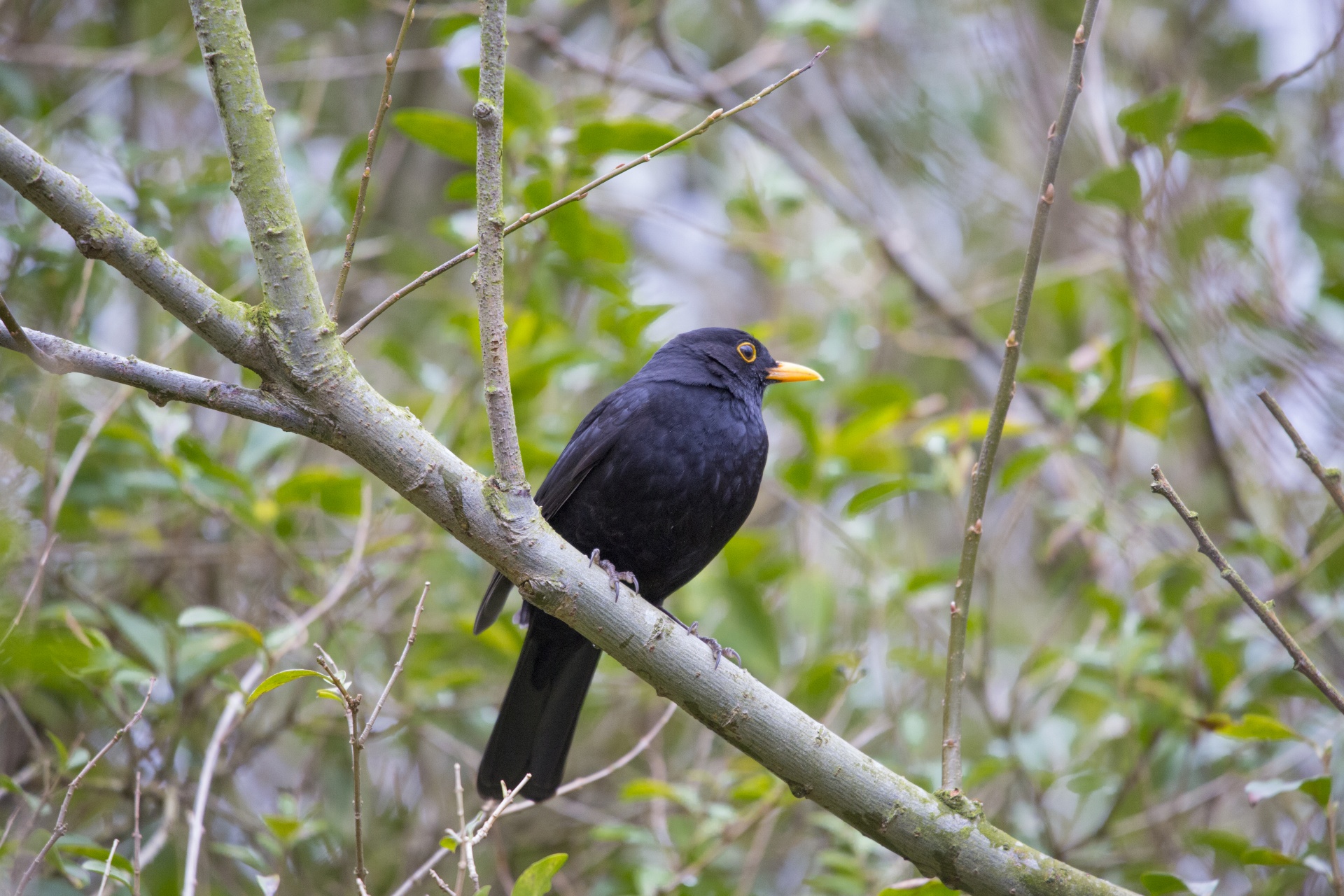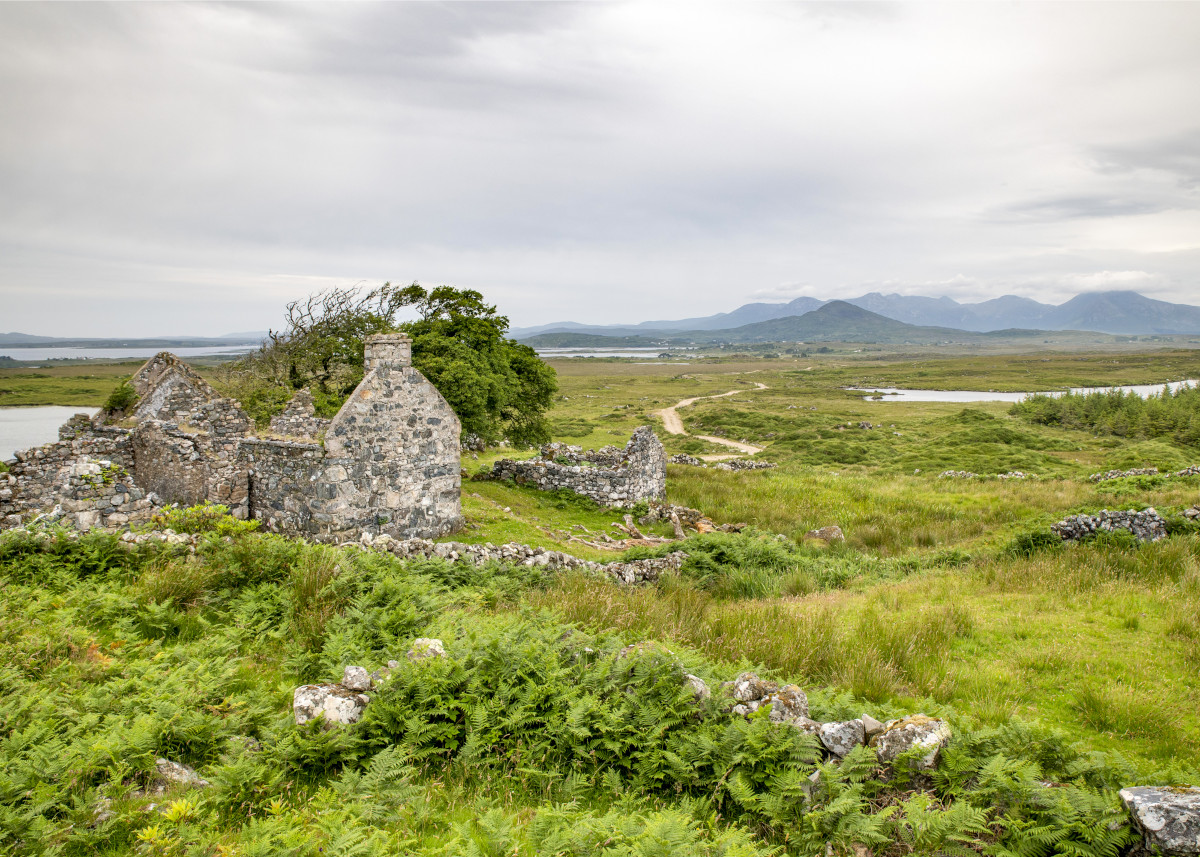
In some of his poems the subject is not named but remains a mystery as in Kelly’s Dusk “I saw her once …. within the dusk and dusk was in her eyes.” Similarly, we are not introduced to The Turf Cutter but his thoughts as he works are revealed to us as he wonders about the absent owners of the bog where he is working “Will they come in sun or rain? Come and build the stones again?” We know, however, that three of his poems are dedicated to very real people – The Builder preserves the memory of Father Gleeson, Stephen’s Green Garden is dedicated to Stephen Flaherty, and The Bawneen Men, who dug the sod long ago in Connemara and who are named for the homespun clothes that they wore.


